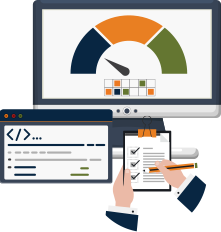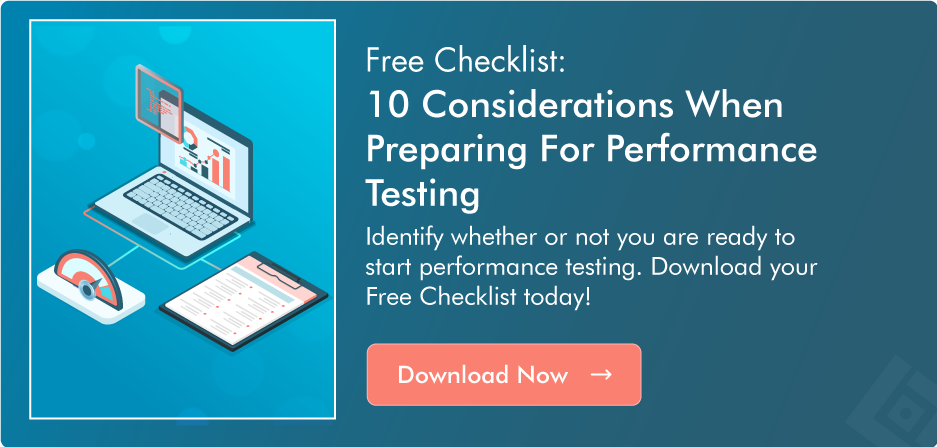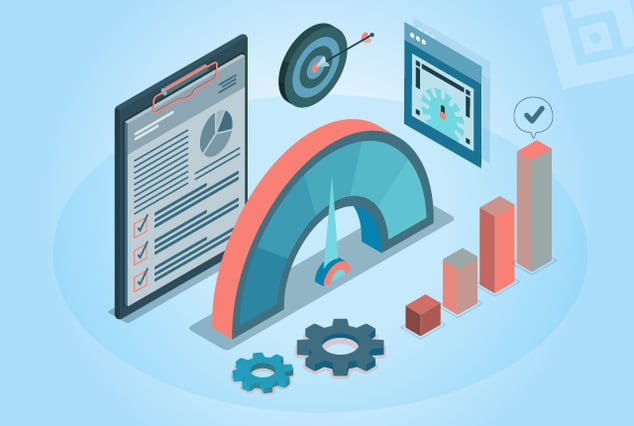“The problem is not that testing is the bottleneck. The problem is that you don’t know what’s in the bottle. That’s a problem that testing addresses.”
- Michael Bolton
What’s New
-

The Apache JMeter 5.0 has been released with the following new features:
- Prefixes thread names with Host and Port in distributing testing to provide exact thread count in report
- Loop breaking/switching to next iteration is now possible using “Flow Control Action” and “Result Status Action Handler” elements
- Get the current index of “While Controller” using “__jm__<Name of your element>__idx” new property
- Provides new Next/Previous/Replace/Find buttons to play around search results in “View Result Tree”
- Separated headers/body of request and response helps in better inspection of Request and Response data
-

LoadComplete 4.95 has been released by SmartBear with the following new features:
- Allows to report issues directly in the integrated JIRA
- Provides a new plugin to integrate Jenkins which allows to auto run performance suite for the newly deployed build
- Provides option to activate Private Mode in Edge to clear previous browser cache before recording starts
-

NeoLoad 6.6 has been released with the following new features:
- Automatically converts LoadRunner scripts to save time
- Supports AMQP/S protocol for IOT system load testing
- New integration with XL Release from XebiaLabs – a recognized DevOps and Application Release Automation tool
Enterprise Content Management Performance Testing
The points listed below would help in creating a robust performance testing plan and reduce the hurdles that may arise during ECM performance testing.
Environment and Script Creation

- Keep all test lab machines in the same network to avoid inaccurate high latency
- Install high speed cables among all involved servers to speedup response
- Set NTFS allocation size equal to DB read/write capacity for better performance
- Include all supported file formats for various file sizes in the test scenario
- Include storage library based test scenarios
- File upload, file download, delete file, and search files are the important test scenarios under heavy load
- Load can easily be simulated using any of the ECM performance testing tools like JMeter, StressStimulus, etc.
- Prefer to use a tool to setup test data quickly or create your own script to upload bulk data in less time
Scripts Execution and Results

- Execute scripts in an isolated environment for accurate performance stats
- Run all scenarios in a sequence to easily narrow down issues
- Run all scenarios in parallel to validate integrated modules
- Check file count on Enterprise Content Management system based on performed Upload/Delete file scenarios
- Review application server logs for any unexpected thrown exception
- ECM Architecture, Hardware Configuration, Application Code, and DB server I/O activity may result in slow response
Have Suggestions?
We would love to hear your feedback, questions, comments and suggestions. This will help us to make us better and more useful next time.
Share your thoughts and ideas at knowledgecenter@qasource.com


